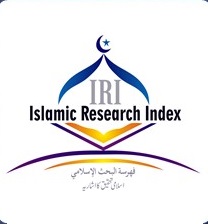READING MOHAMMED TALBI AND ABUL KALAM AZAD IN A PLURAL WORLD
Keywords:
Pluralism, co-citizens, interpretation, intentional readingAbstract
I will discuss the views of two Muslim scholars: Mohammed Talbi (Tunisia) and Abul Kalam Azad (India), who both lived in plural contexts. I will show that their political and intellectual views invited people to live as co-citizens and co-humans in the modern world. Both scholars upheld pluralism as the design of God for this world. Talbi maintains that pluralism and dialogue are two sides of the corner stone that holds a plural society together. Pluralism demands respect for all parties and for the views of others in the context of intellectual and religious freedom. Mutual respect is the basis for true dialogue and the corner stone of religious and intellectual freedom. Interreligious dialogue is essential for pluralism to become vibrant. Kalam Azad maintains that truth is the essence of all religions as it is founded on the oneness of God.
Every human person can intuitively apprehend the truth. Faith and good
works are universal values. These universal values call upon people to
recognize one another’s 'co-humanity' and live together as citizens in
a plural world.
Downloads
Published
How to Cite
Issue
Section
License
Copyright (c) 2022 South Asian Journal of Religion and Philosophy (SAJRP)

This work is licensed under a Creative Commons Attribution-NonCommercial 4.0 International License.









